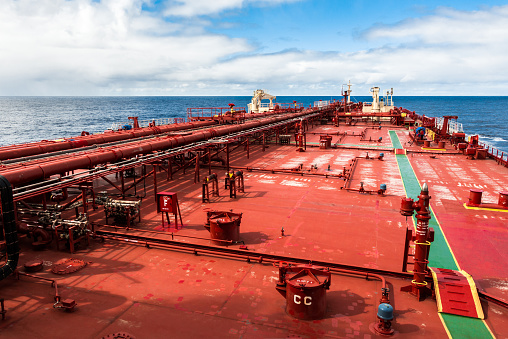Hanwha Ocean is facing opposition in Australia concerning its ongoing attempt to take over Austal, a naval shipbuilder in the world’s sixth-largest country, according to The Korea Times.
The Australian Strategic Policy Institute (ASPI), the country’s defense ministry-funded think tank, recently published a column authored by a critic of Hanwha Ocean’s bid, on its commentary and analysis site, The Strategist.
Chris Douglas, who served with the Australian Army in infantry and intelligence and later with the Australian Federal Police, claimed in his column that the country should oppose the acquisition of Austal by the Korean company or any other foreign contender for the general purpose frigate program.
“If Hanwha Ocean or one of its rivals bought Austal, in doing so the new owner might also acquire a powerful advantage in a competition that should be based entirely on Australian security considerations,” Douglas said.
“There would be a risk for the buyer of the deal backfiring, resulting in ownership of an Australian asset with no major local naval shipbuilding contracts.”
The author explained that selecting a design by a new owner of Austal for construction by Austal’s government-endorsed shipyard would lead to complaints of favoritism from the unsuccessful shipbuilders and claims of incompetence from the opposition.
“Other problems would arise if the design of a new Austal owner were not chosen,” he said.
“The winner would then be reluctant, at least, to have its design built by Austal. It would hardly want to put its intellectual property and building technology in the hands of a competitor.”
Hanwha Ocean did not take the column seriously, saying that it is natural to listen to various opinions before signing such a major deal.
“We have made continuous efforts to talk with Austal’s management and board regarding our acquisition of the company,” a Hanwha Ocean spokesman said.
ASPI also said that the views expressed on The Strategist do not represent the institute’s opinions, but it remains to be seen whether the growing negative public opinion in Australia would affect the deal’s success.
Source: Port News





